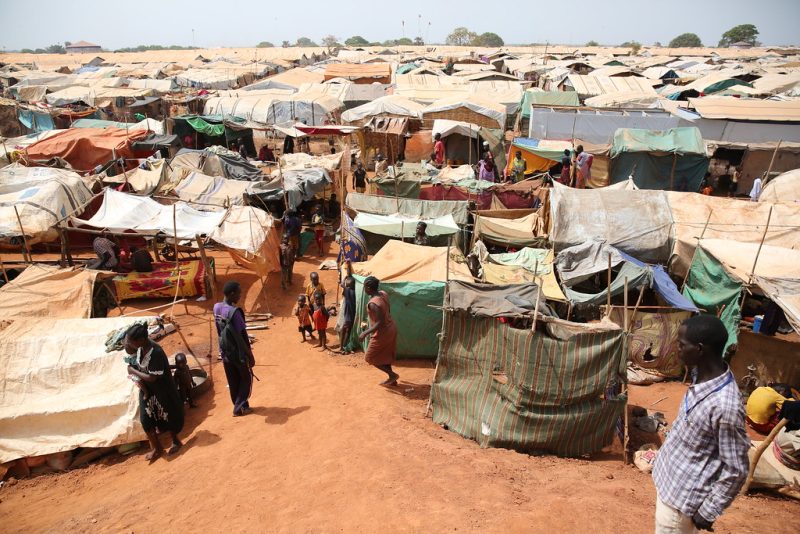Hundreds of thousands of people who fled to escape civil war in South Sudan years ago are now fleeing Sudan – for the same reason. This April, a war between existing military rival factions has displaced an estimated 5.2 million people as of September, according to the United Nations’ refugee agency. Many of the displaced are former citizens returning to South Sudan, whose own civil war only officially concluded in 2020 after breaking out almost 10 years ago. The nation is still plagued by post-war instability and remains ill-equipped to provide safety for the returnees.
“They [the refugees] are coming to start from zero,” said Albino Akol Atak, the South Sudanese minister for humanitarian affairs and disaster management.
While the war in Sudan escalates, the rest of the world is focusing on a separate conflict: the war on Ukraine, which has heretofore received the majority of focus and support from donor nations. Filippo Grandi, the High Commissioner for Refugees at the United Nations, acknowledged that “the very low levels of funding in response to the emergency in Sudan and from Sudan is really a shame,” but the individuals and families who have escaped war, especially those who fled South Sudan just years ago only to meet the same devastation in the land they hoped would be their new home, have still been left fragile. The lack of awareness and support for those left without adequate resources or security in war-stricken Sudan remains unaddressed.
The festering rivalry between General Abdel Fattah al-Burhan, the leader of the Sudanese army, and General Mohamed Hamdan, the commander of the Rapid Support Forces, erupted into war earlier this year. Although the paramilitary R.S.F. fought on behalf of Sudan’s government during the War of Darfur (a previous ethnic cleansing), the Sudanese Armed Forces have since declared the organization a rebel group. al-Burhan ordered the R.S.F.’s dissolution, but despite the decree, the group is still estimated to consist of around 100,000 members as of 2023. Now, the violence between these groups has escalated to unprecedented levels, with the United Nations now investigating accusations of genocide in the region, according to the Washington Post. Several attacks are believed to have been targeted towards members of the African Masalit tribe, with the massacres constituting another act of ethnic cleansing.
Since the conflict’s outbreak, all efforts to end the war, both regional and international, have ended in a stalemate, causing the prolonged suffering of civilians in the region. As this genocide begins to unfold, the rest of the world has been silent, refusing to intervene as human rights are blatantly violated. In fact, despite promising humanitarian aid to the country, the United Arab Emirates – along with the Russian Wagner mercenary group – has been accused of sending weapons to Sudan and prolonging the conflict, thereby becoming complicit in the genocide. The international community must condemn these acts and refuse to engage in human rights violations.
As millions of civilians continue to suffer, we must bring more attention to the atrocities they are fleeing in order to save lives and protect vulnerable populations. The world has promised to never stand by and let ethnic cleansing occur again, but the international community’s muted response in the wake of a developing genocide contradicts this commitment. Global powers must commit to supporting Sudan in achieving a state of peace and stability, or the consequences could be horrifying.
- EU Reverses Announcement Previously Halting Aid To Palestinians - January 24, 2024
- United Nations Ends Tigray Investigation, Despite Continuing Abuse - January 17, 2024
- Numerous Planned Acts Of Terrorism Foiled In Iran - December 20, 2023


